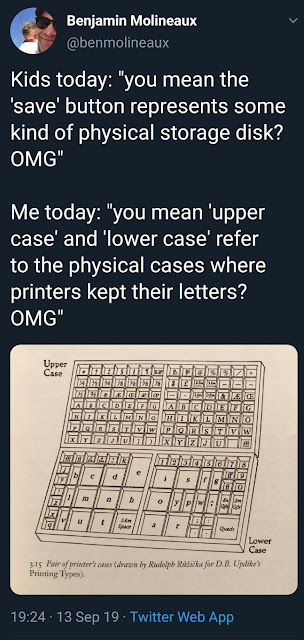For my last blog post, I wandered around YouTube looking for something that would catch my eye. I almost started a 1+ hour long video about how U.S. military linguists learn languages so quickly. I decided that might be a bit more than I wanted to take on. Then, this video popped up. My favorite part about this class, Introduction to Language Studies, has been learning more about how language ties into the different parts of society. Eleven minutes seemed like an easier video to digest, as well. The video, from Crash Course Linguistics , explains how linguistic differences between and within languages are based on factors such as our location, education level, race, gender, and more. There are so many different variables that play into how we speak with each other. Taylor, the narrator, started out the video stating that everyone has an accent. It is influenced by who we grew up with and where we live. As someone that grew up in Iowa, a place considered almost "accent free", ...




